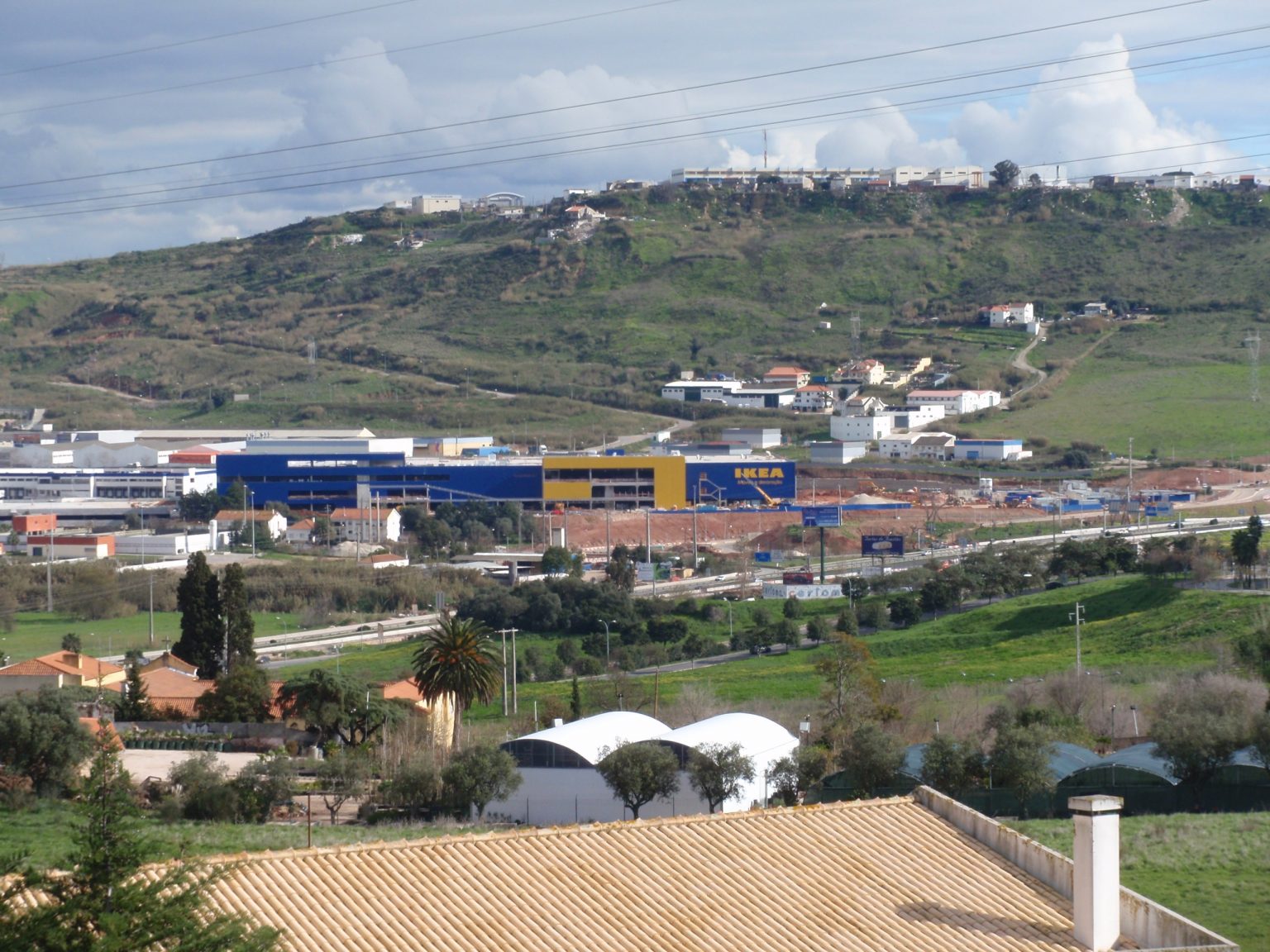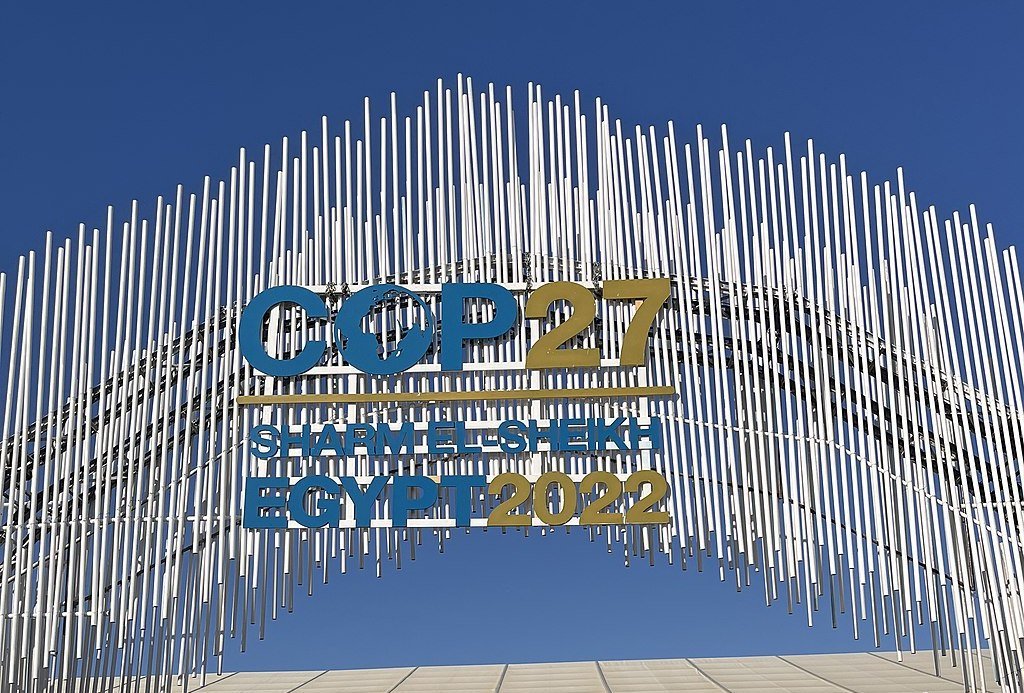This article was published in the November 2020 issue of the Macedonian Review – an outlet of the Macedonian Scientific Institute in Sofia. Its author is Anton Panchev – a political scientist and professor of Albanian language at the University of Sofia.
Reactions among Albanian political parties and the Albanian media in the Republic of North Macedonia, regarding Bulgaria’s position on postponing negotiations between Skopje and the EU, have been rather moderate (which needs to be seen in the context of the framework position issued by Bulgarian parliament on the process of EU enlargement for Albania and North Macedonia – see the annex of the hyperlinked document – note of the translator). In the days and weeks before November 17th, there were some negative publications by some Albanian journalists, but after it became clear that Bulgaria would not back down, Albanian politicians and analysts in the country blamed the Skopje authorities for unfulfilled promises by the leaders of North Macedonia. The Albanian opposition, represented by the chairman of the Alliance for Albanians Ziadin Sela, demanded on November 18th the resignation of Prime Minister Zaev, Foreign Minister Osmani, Deputy Prime Minister for European Affairs Dimitrov and the formation of a new government. Ziadin Sela believes that early parliamentary elections should be held together with local elections next year. According to Albanian opposition parties, the start of negotiations failed due to “Zaev’s policies’ fraudulent approach, which led to the Bulgarian veto. Zaev cannot do the ostrich policy, sign agreements and not implement them as it was with the Agreement with Bulgaria,” Sela continued in the motives for his demand for the resignation of the government. On the other hand, Foreign Minister Bujar Osmani and Deputy Prime Minister Artan Grubi – who belong to the Albanian political forces in the government, did not make any attacks on Bulgaria and continued to call for further talks to find a solution to the dispute.
Of course, it is important for Albanians from the Republic of North Macedonia to start EU membership negotiations, but in assessing the whole situation with the postponement of the membership negotiations of the Republic of North Macedonia, the reactions of Albanian politicians and analysts in the region take into account different strategic considerations relevant to Albania’s overall interests.
The Republic of Albania has two major external obstacles to EU membership negotiations. First, it is very possible that Greece will veto at any moment or postpone the EU negotiation process with Albania because of its demands and conditions for Tirana. Second, some EU countries, such as France and the Netherlands, strongly criticize the political problems and corruption in Albania, but also the large number of asylum-seeking Albanian citizens in their countries. Tirana does not want to be separated from North Macedonia in the talks and wants the two to move as a package, because otherwise Albania’s isolation will be greater and Skopje would find itself in a stronger position with regard to the Albanian factor in the Balkans, generally. For that reason, a possible Bulgarian veto on North Macedonia could prove beneficial to Albania’s strategic interests, as it will not allow Skopje to break away on the road to the EU.
Although in March 2020 Albania received the approval of EU member states and European institutions to start negotiations for membership in the Union, the negotiation process for Albania will be quite problematic. Albania’s progress Report, published on 6 October 2020, highlights the need for greater progress in the functioning of the country’s Constitutional Court and the completion of electoral reform. Countries, such as France and the Netherlands, are skeptical that the institutions in Tirana have made significant progress in fighting corruption and organized crime, which means that negotiations with Albania are likely to be halted by at least those two countries in Western Europe.
A much more serious threat to Albania’s EU integration comes from Greece. Athens did not veto the start of Albania’s negotiations with the EU on November 17th, but Greek assessments are clear that: “The neighboring country still has a long way to go to join the EU” (Manolis Kefalogiannis, Chairman of the Delegation of the European Parliament for Albania). According to the Greek side, one of the main conditions for Albania’s integration into the European Union is adherence to good neighborly relations, which are key to gaining Athens’ support.
The two sides agreed in October 2020 to take the issue of the sea border between them to the International Court of Justice in The Hague, but many problematic issues remain. In 2017, when the official negotiations between Albania and Greece started for the so-called “package” of different issues in Greek-Albanian relations, Albania accepted the Greek request to refuse to include in this negotiating package the issue of Chameria – in other words, Tirana has refused to raise with Greece the problems surrounding this Albanian community, which was expelled from Epirus in 1944. In addition, Athens is demanding full respect for the rights of minorities in Albania, especially the Greek national minority. The possibility of national and religious self-determination in the upcoming 2021 census is also an important Greek condition for Albania. Athens sets as a key condition the unimpeded use of all property rights of the members of the Greek community in Albania, regardless of whether the owners live in that country or not. Another request is aimed at removing materials and maps in Albanian textbooks that mark parts of the Hellenic Republic’s territory as Albanian historic territories. According to Greek officials, these are just some of the first steps Albania’s institutions must take if they do not want the country to face a Greek veto at some point in the EU membership negotiation process.
The Republic of Albania faces claims by Greece on a number of historical issues. The interests of the Albanians require that these Greek-Albanian disputes be conducted according to the model proposed by the Bulgarian side – historical demands must be supported by authentic and evidence-based historical sources for factual interpretation of historical events, as enshrined in the Treaty of Friendship and Good Neighborliness between the Republic of Bulgaria and the Republic of North Macedonia. Only in this way could Albania defend its history from Greek claims.
Certainly, debates over changes to history textbooks in the Republic of North Macedonia continue to be closely monitored by Albanian historians. There are many texts in the educational literature in this country that are not accepted by Albanians and are considered offensive to their identity. For this reason, the work of the Joint Commission of Experts of Bulgaria and North Macedonia on controversial historical issues is of interest to Albanian historians, who can propose their requests for changes in the textbook.
Photo: The center of Skopje (source: Pixabay, CC0)
The Barricade is an independent platform, which is supported financially by its readers. Become one of them! If you have enjoyed reading this article, support The Barricade’s existence! We need you! See how you can help – here!
Warning: Undefined array key "layout_mood" in /home/klient.dhosting.pl/bcdmedia/thebarricade.online/public_html/wp-content/themes/viewtube/header.php on line 116










